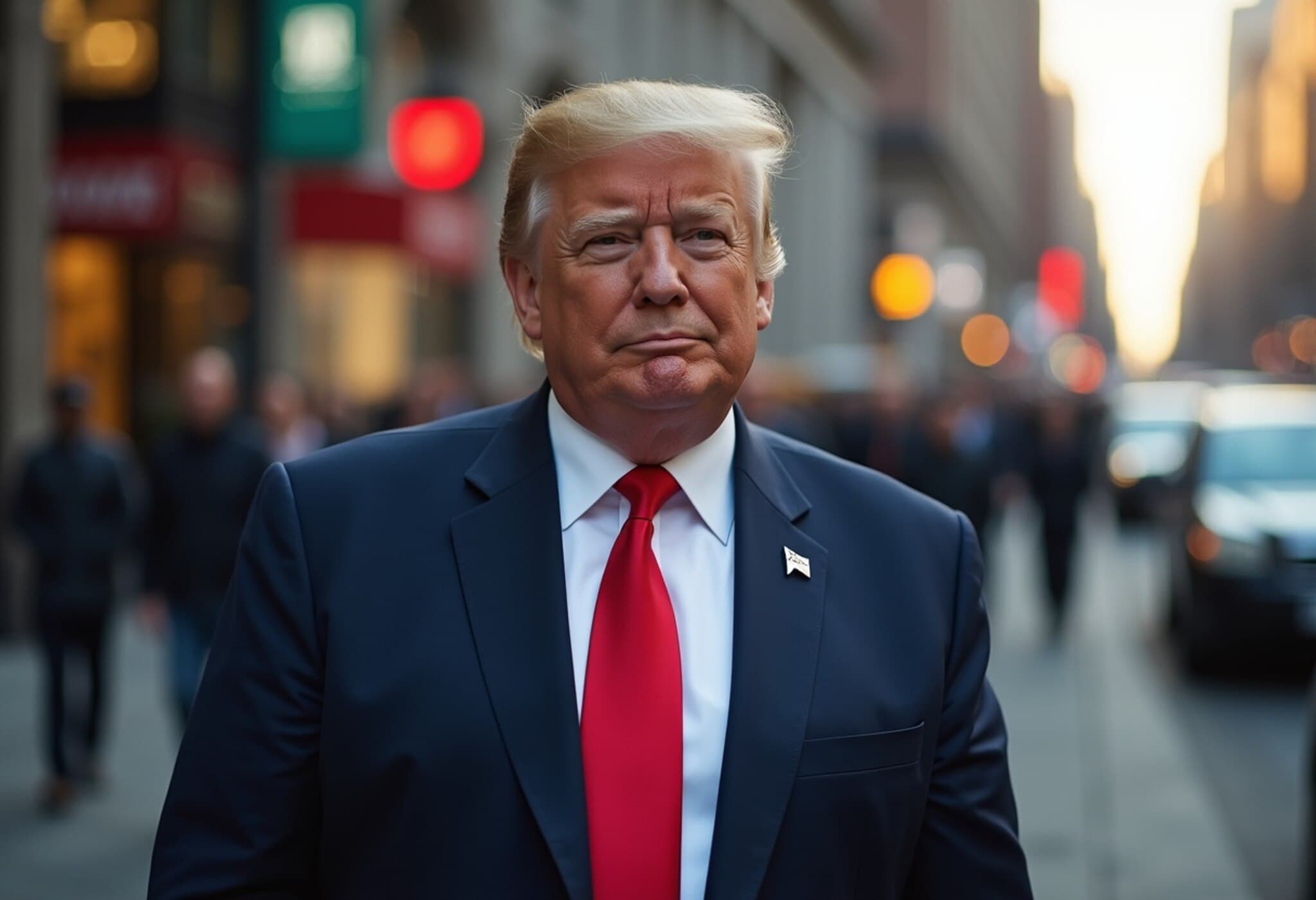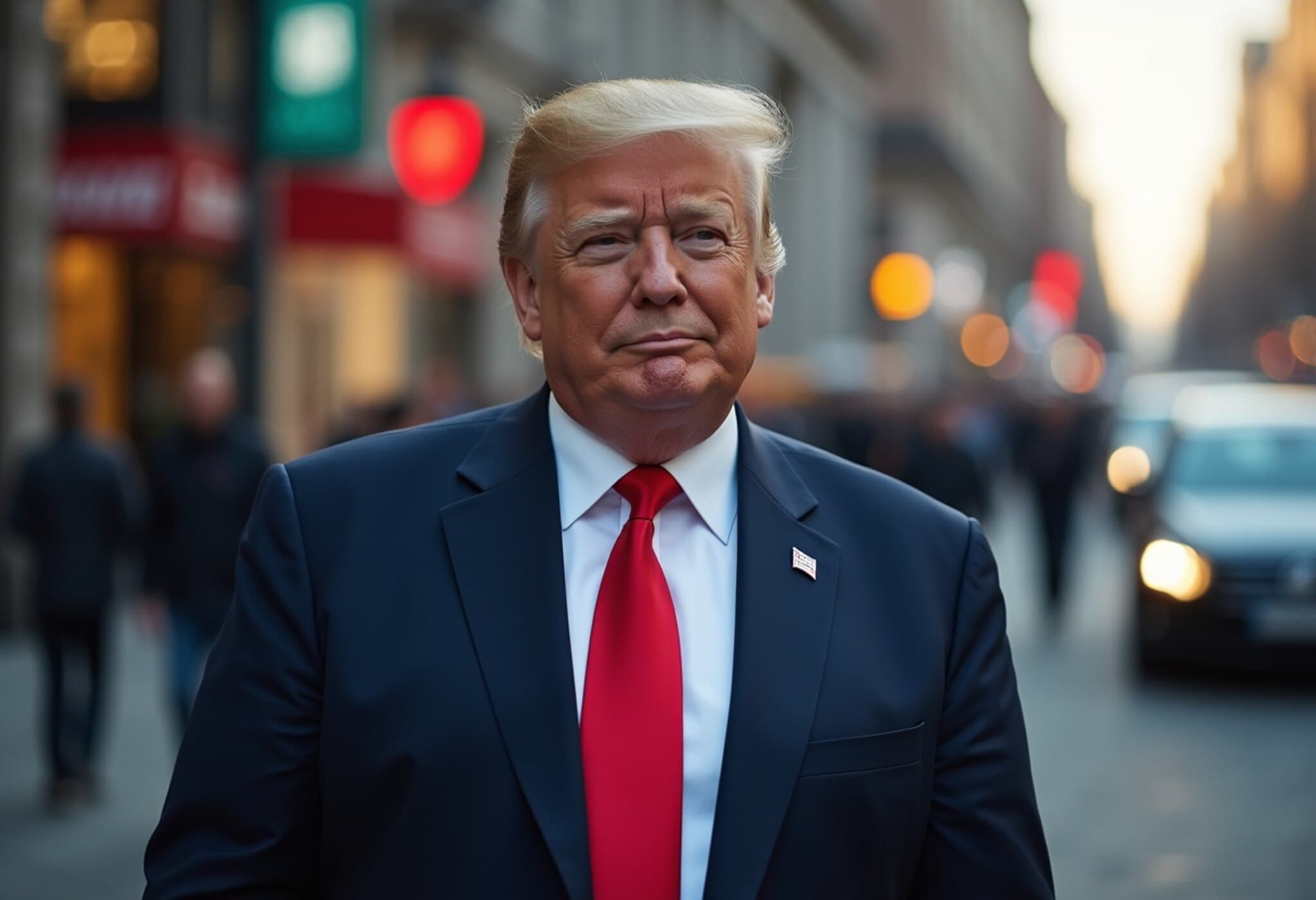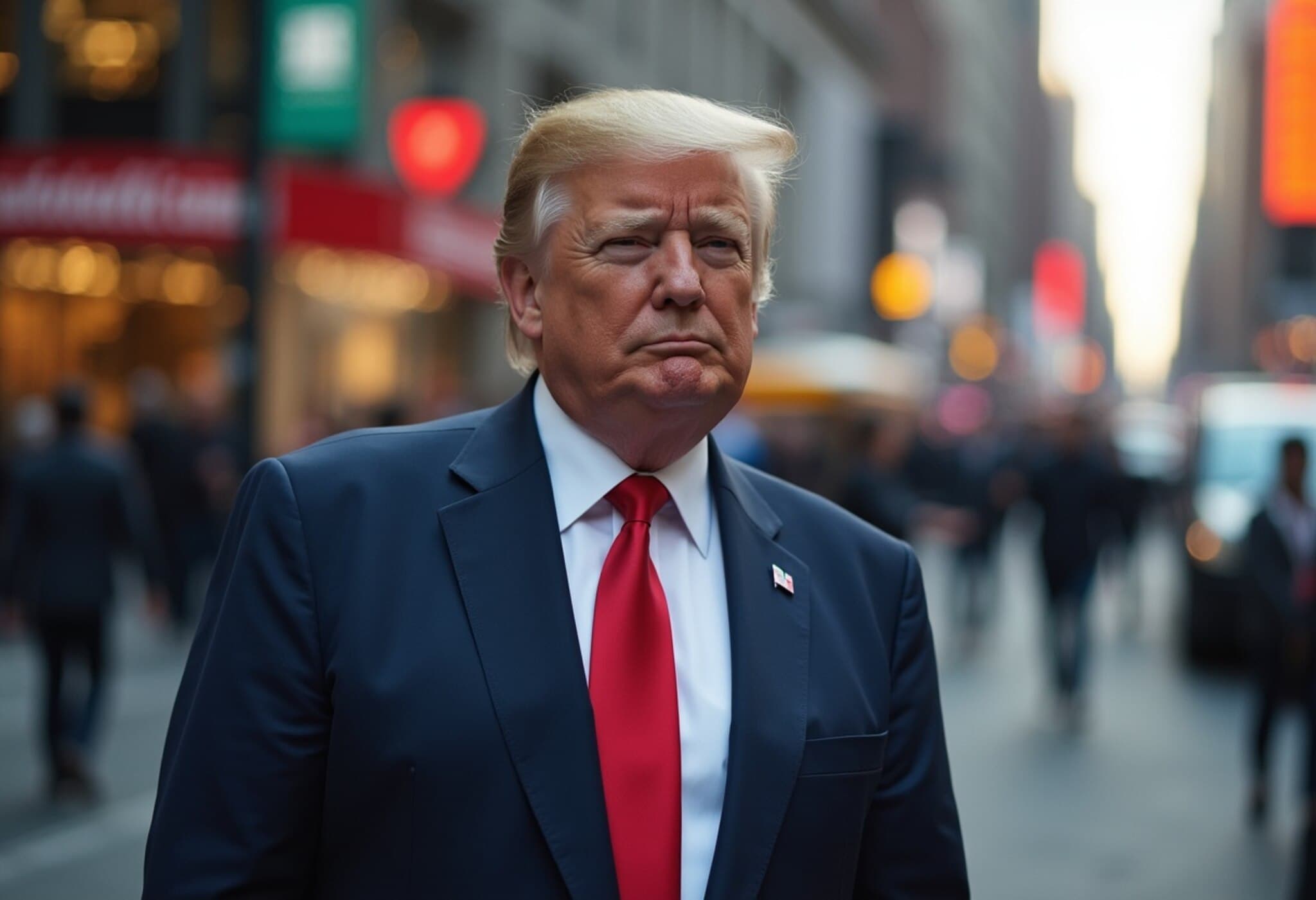A Crucial Shift: The End of the 'De Minimis' Import Rule
Starting Friday, the longstanding "de minimis" rule—which allowed U.S. consumers to import goods valued under $800 without facing tariffs, duties, or additional fees—will be officially terminated by the Trump administration. This policy shift is expected to significantly impact the cost and availability of low-value goods bought online from overseas sellers. Economists and trade experts caution the change could lead to higher prices for consumers, especially those with limited income.
Understanding the 'De Minimis' Exemption
Since its inception, the de minimis exemption has served as a financial shield for American consumers importing small shipments free from customs duties and tariffs. This threshold helped stimulate cross-border e-commerce growth by making inexpensive international purchases accessible and affordable.
- In 2024, U.S. Customs and Border Protection processed roughly 1.4 billion de minimis shipments, more than double the 637 million in 2020.
- The average parcel value stood at approximately $48.
- China remains the dominant source, accounting for around 60% of these shipments.
Why This Matters: The Impact on Consumers
This policy reversal means all goods, regardless of their value, entering the U.S. will now be subject to tariffs and additional import taxes. According to Rathna Sharad, CEO of FlavorCloud, a logistics company specializing in international shipping, this represents a "massive change for the U.S. consumer." The switched pricing dynamics will touch everyday products such as exotic beauty items from Korea, specialty shoes from Italy, or kitchen knives from Japan.
Mary Lovely, a senior fellow at the Peterson Institute for International Economics, quantifies the price hike potential:
- $30 slippers from China could jump to about $45 (a 51% increase).
- $37 nutritional supplements from Canada might cost nearly $60 (a 60% rise).
- $240 chef's knives from Japan could see prices move up to $298 (a 24% increase).
Unequal Burden: The Policy’s Disproportionate Impact
Experts highlight that eliminating the de minimis exemption could unintentionally penalize vulnerable populations the most. Economists Pablo Fajgelbaum (UCLA) and Amit Khandelwal (Yale) describe the policy as a "pro-poor trade policy" that has historically helped low-income and minority households save money on small imports.
Mary Lovely warns, "Many consumers benefiting from this exemption are those living on strict budgets and mindful of every dollar spent. The removal may force them to cut back on purchases or seek inferior alternatives." The ripple effect also extends to small businesses already grappling with increased costs from tariffs on raw materials, further squeezing supply chains.
Government Rationale and Trade-Offs
The administration justifies the elimination of the de minimis rule as a measure to curb illegal activities such as the trafficking of counterfeit goods, illicit drugs, and weapons. Indeed, the current exemption limits customs officials’ visibility into low-value shipments, complicating enforcement efforts.
Additionally, expanding duties to all imports could boost federal revenues. However, this comes with higher administrative burdens and increased staffing for package inspections, raising operational expenses for the government. Economists remain uncertain if the net fiscal benefits will offset these costs.
Global Reactions and Practical Challenges
Several international postal services across Australia, India, Europe, and others have voiced concerns over the rollout’s complexity and potential confusion regarding duty collection. Domestic consumers may also face short-term delays and shortages as supply chains adjust to the new regulations.
Ernie Tedeschi, former chief economist at the White House Council of Economic Advisers, acknowledges that while the macroeconomic impact may be limited, the logistical headaches for specific consumers and retailers could be substantial—especially with key shopping seasons on the horizon.
Editor’s Note
The termination of the de minimis exemption marks a significant turning point in U.S. trade policy with tangible consequences for everyday consumers. While intended to strengthen customs enforcement and increase government revenue, this change risks exacerbating economic disparities and restricting affordable access to global goods, particularly for marginalized and budget-conscious communities.
As policymakers navigate these trade-offs, critical questions remain: How will small businesses adapt? Will consumer behaviors shift toward domestic goods or alternative suppliers? And importantly, will enhanced enforcement strike the right balance between border security and economic fairness?
This evolving story underscores the intricate connections between trade regulation, social equity, and the daily lives of Americans in an increasingly interconnected global marketplace.












